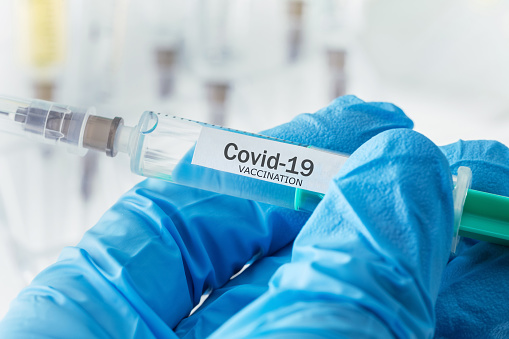Every day for weeks now, Donald Trump has been promising that a Covid-19 coronavirus vaccine will be approved and ready for use before Election Day, now just six weeks away.
That’s always seemed like wishful thinking, and the Food and Drug Administration is about to prove it’s no wish-granting Sugarplum Fairy.
The FDA is preparing to issue tough new requirements for an emergency vaccine authorization “to boost transparency and public trust” when one of several vaccine candidates is sufficiently tested and ready, reports the Washington Post.
That will almost certainly delay any widespread use of a vaccine well past the election. The newspaper says the new requirements will likely be rolled out this week.
“Public health experts are increasingly worried that President Trump’s repeated predictions of a coronavirus vaccine by Nov. 3, coupled with the administration’s interference in federal science agencies, may prompt Americans to reject any vaccine as rushed and potentially tainted,” the Post says.
Trump’s “relentless politicization” of the race to develop a vaccine is taking a toll, the newspaper says.
A recent Pew Research Center survey found that the number of Americans who’d take the vaccine if it were available now has dropped from 72% in May to just 50% in September.
The Post describes the new vaccine requirements as “far more rigorous than what was used for emergency clearance of hydroxychloroquine or convalescent plasma” — both treatments favored by Trump — and part of “an effort to shore up confidence in an agency that made missteps in its handling of those clearances.”
In order to receive emergency authorization for a vaccine, pharmaceutical companies will have to conduct late-stage testing for at least two months, the Post says, citing “two individuals familiar with the situation.”
That’s quicker than the normal procedure, which sometimes takes years, but even so the time required will make it “highly improbable” for any vaccine to be authorized before the election.
“It’s hard to imagine how an [emergency authorization] could possibly occur before December,” said Paul Offit, director of the Vaccine Education Center at Children’s Hospital of Philadelphia and a member of the FDA’s advisory board on vaccines.



